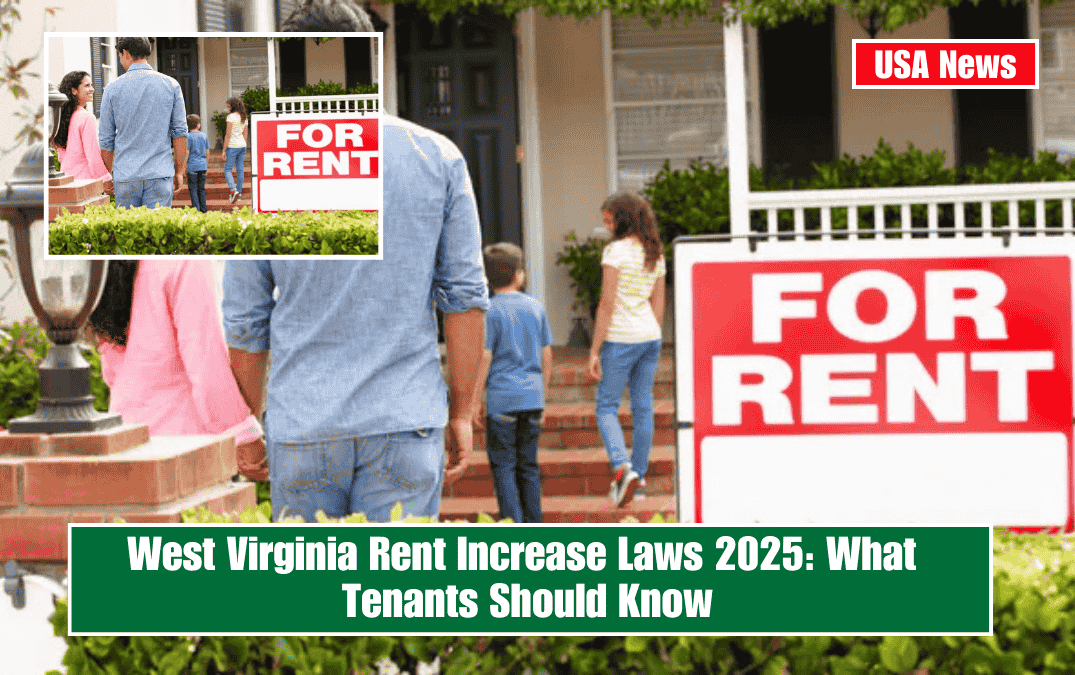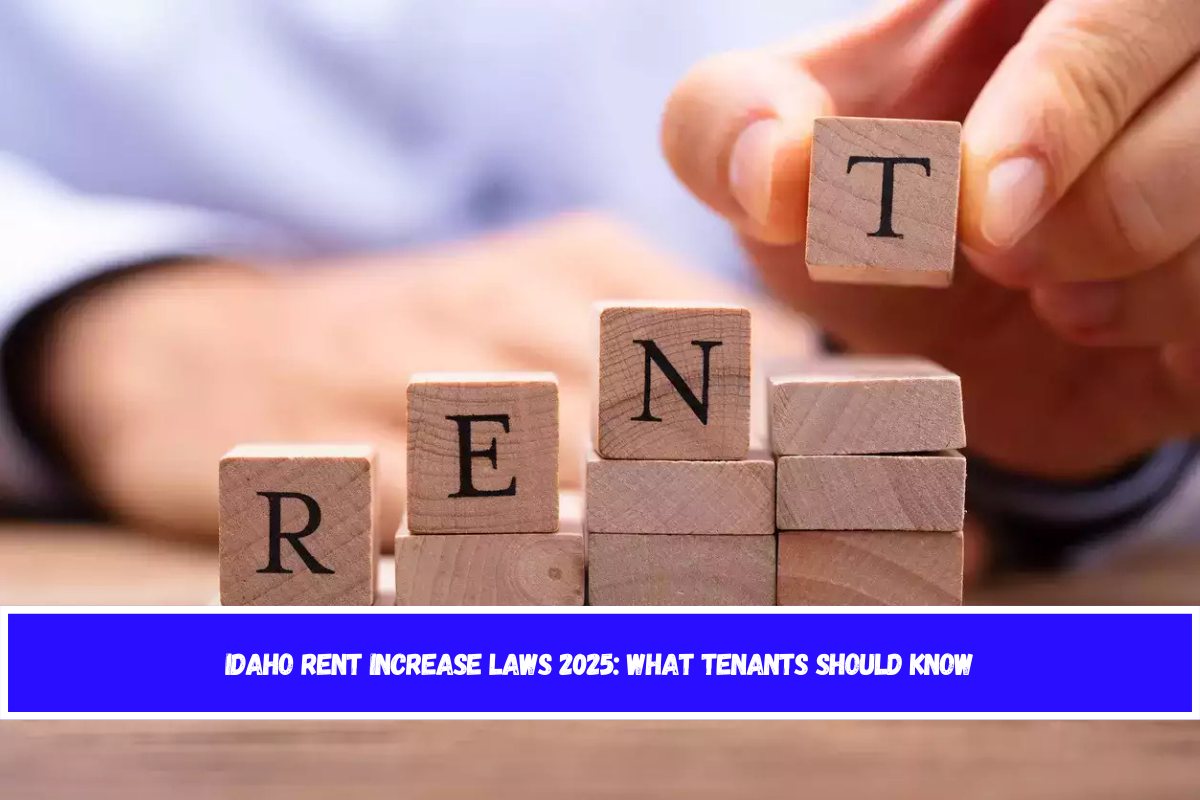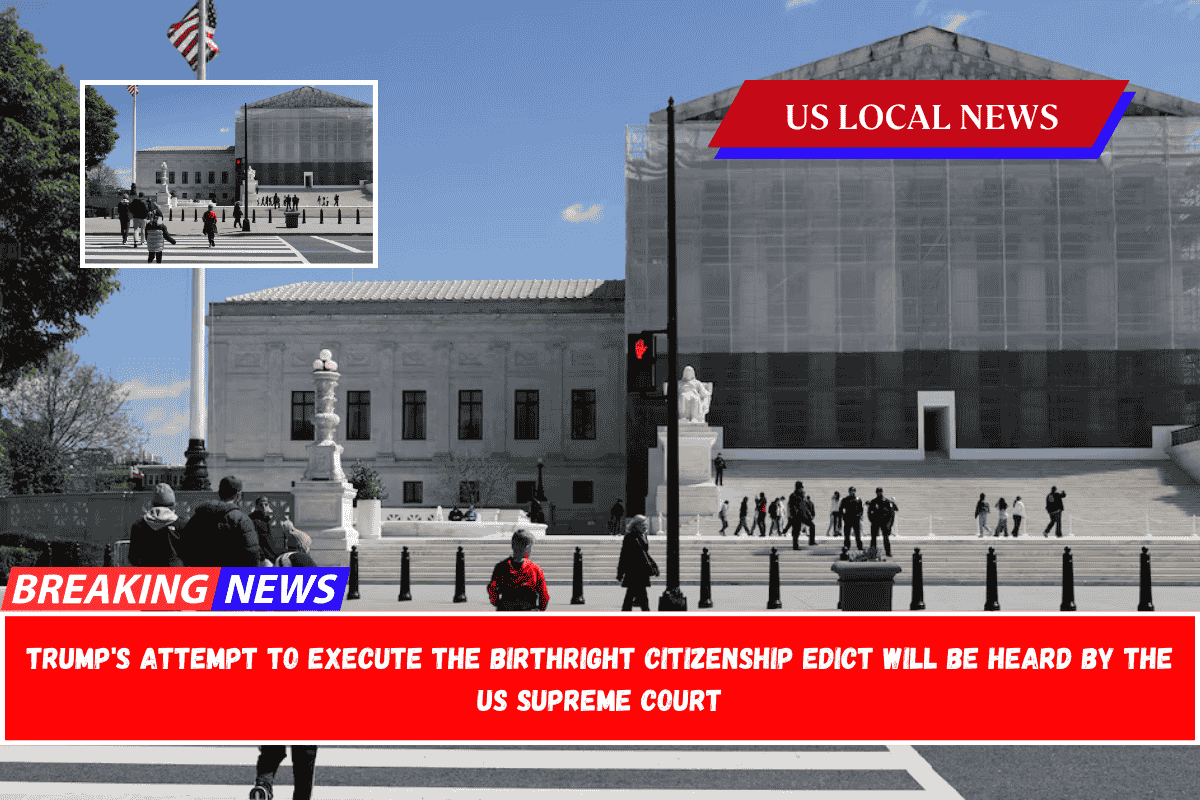West Virginia does not have rent control laws, meaning there is no statewide cap or limit on how much a landlord can increase rent for residential properties. However, landlords must comply with specific notice requirements and anti-discrimination rules when raising rent. Here’s what tenants need to know for 2025:
No Rent Control or Cap on Increases
- No Statutory Limit: Landlords in West Virginia can raise rent by any amount they choose. There is no maximum percentage or dollar limit set by state law.
- Market-Driven Rates: Rent increases are generally determined by market conditions, property maintenance costs, and landlord discretion.
When and How Can Rent Be Increased?
- Fixed-Term Leases: If you have a lease with a fixed term (such as a one-year lease), your landlord cannot raise the rent during the lease period unless the lease specifically allows for increases. Otherwise, rent can only be raised at the end of the lease term, with proper notice.
- Month-to-Month Leases: For tenants renting on a month-to-month basis, landlords must provide at least 30 days’ written notice before increasing the rent. The new rent amount takes effect at the start of the next rental period after the notice period ends.
Notice Requirements
- Written Notice: Landlords must provide written notice of any rent increase, stating the new amount and when it will take effect.
- Timing: For month-to-month leases, a minimum 30-day notice is required. For fixed-term leases, notice must be given before the lease expires if the landlord intends to increase the rent for the renewal period.
- Lease Agreements: Always review your lease for any clauses about rent increases, as some leases may specify different notice periods or conditions.
Legal Restrictions on Rent Increases
- No Discrimination: Rent increases cannot be used to discriminate against tenants based on race, color, religion, sex, familial status, national origin, or disability, as protected by the Fair Housing Act.
- No Retaliation: Landlords cannot raise rent in retaliation for tenants exercising their legal rights, such as filing a complaint about repairs or reporting code violations.
What Tenants Can Do
- Review Lease Terms: Understand your lease agreement and any provisions related to rent increases.
- Negotiate: Tenants may negotiate lease terms, including renewal clauses that limit rent increases or provide advance notice.
- Seek Assistance: If you believe a rent increase is discriminatory, retaliatory, or violates your lease, you can seek help from tenant advocacy groups or legal aid.
Key Points for 2025
| Topic | Details |
|---|---|
| Rent Control | None statewide; no cap on rent increases |
| Notice Requirement | 30 days for month-to-month; before term ends for fixed leases |
| Discrimination | Rent increases must comply with Fair Housing Act |
| Retaliation | Retaliatory rent increases are prohibited |
| Lease Provisions | Review for any specific clauses about rent increases |
| Frequency of Increase | No state limit; typically at lease renewal or with proper notice |
In 2025, West Virginia tenants should be aware that landlords can raise rent by any amount, but only at the end of a lease term or with proper notice for month-to-month agreements. There are no rent control laws, but increases must not be discriminatory or retaliatory, and written notice is required. Understanding your lease and the legal requirements can help you avoid surprises and protect your rights as a tenant.
SOURCES:-
[1] https://www.hemlane.com/resources/west-virginia-rent-control-laws/
[2] https://www.steadily.com/blog/how-much-can-a-landlord-raise-rent-in-west-virginia
[3] https://www.hemlane.com/resources/west-virginia-tenant-landlord-law/
[4] https://www.steadily.com/blog/rent-increase-laws-regulations-west-virginia
[5] https://legiscan.com/WV/text/SB168/2025













